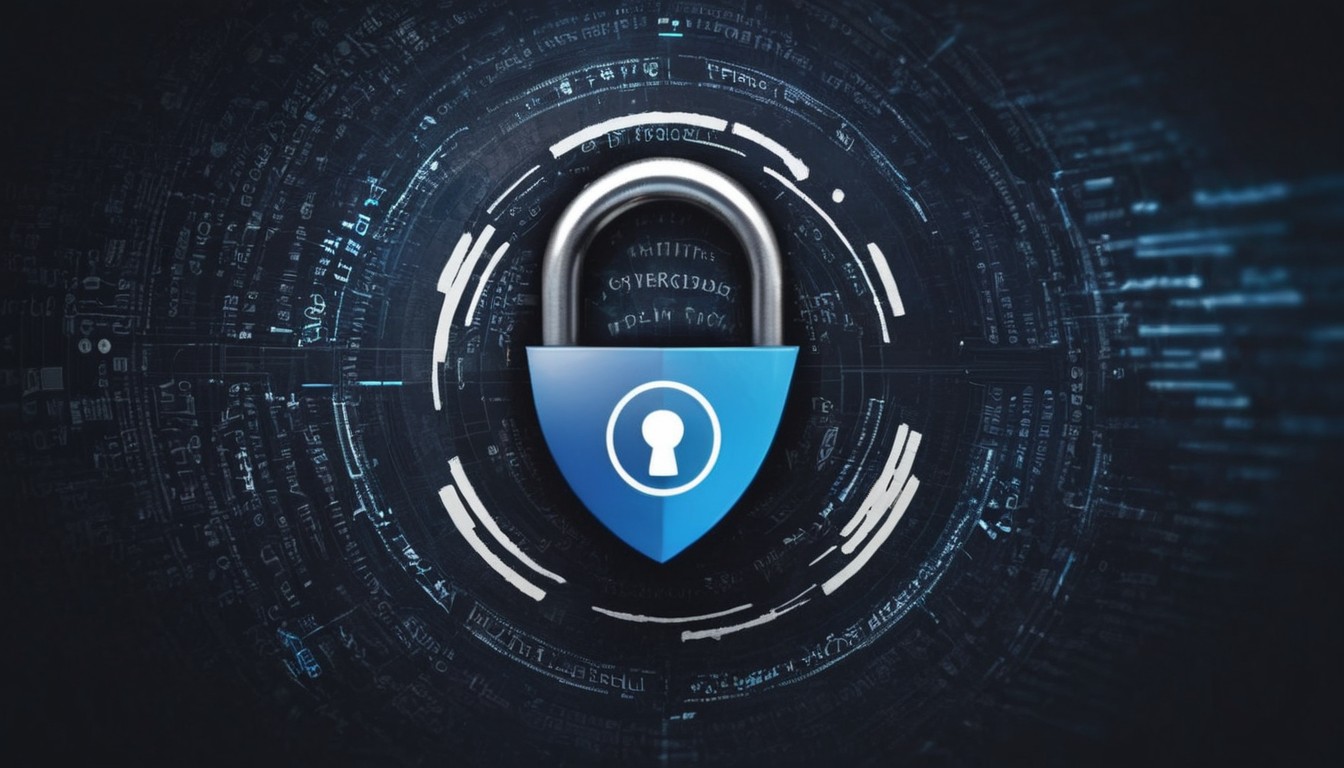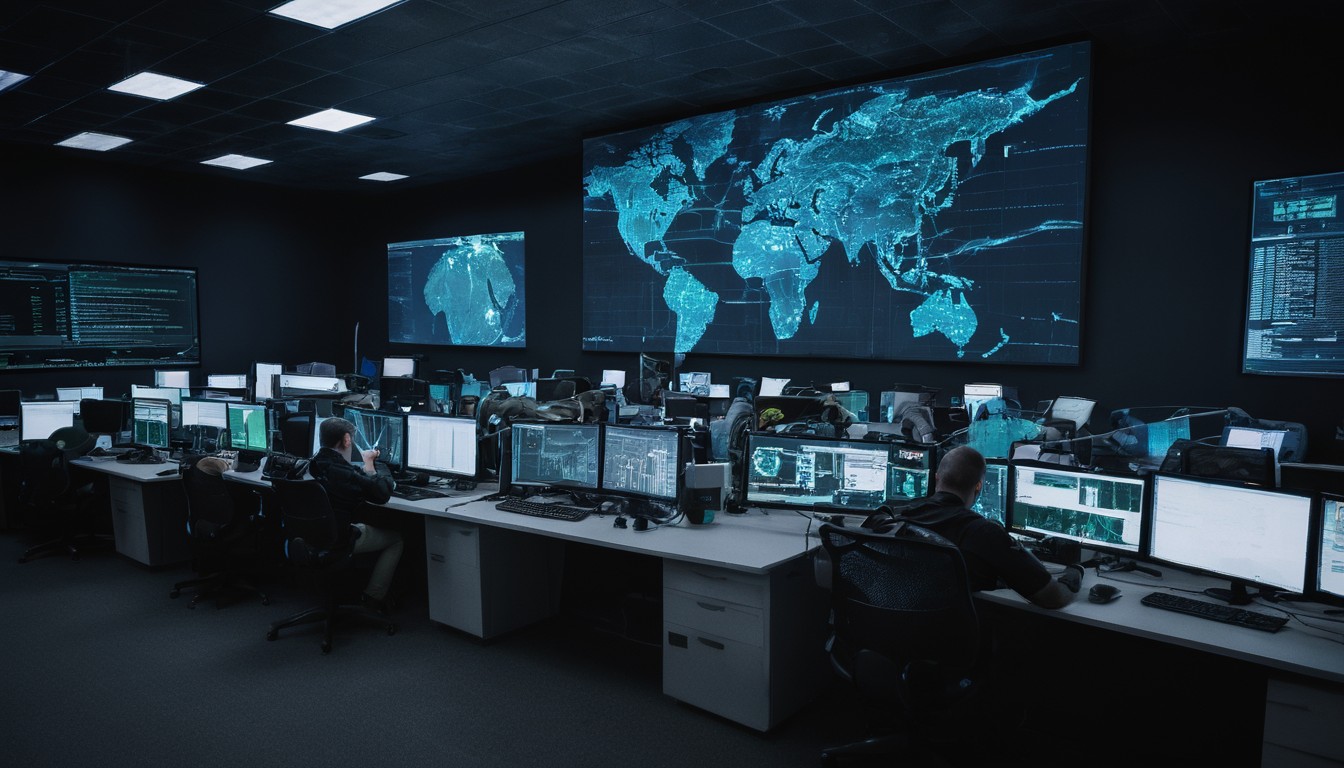As digital threats continue to evolve, relying solely on passwords to protect sensitive information is no longer a sufficient security measure. Cybercriminals have grown increasingly skilled at cracking passwords using techniques such as phishing, brute-force attacks, and credential stuffing. To combat these risks, businesses are turning to Multi-Factor Authentication (MFA) and Two-Factor Authentication (2FA) as essential tools for securing their systems and data.
The Rise of Multi-Factor Authentication (MFA)
MFA is a security mechanism that requires users to provide two or more forms of authentication to verify their identity before gaining access to accounts or systems. This additional layer of protection enhances security by making it significantly more difficult for unauthorized individuals to access sensitive information.
MFA typically incorporates the following types of authentication factors:
- Something you know: A password or PIN.
- Something you have: A physical device like a smartphone or security token.
- Something you are: Biometric data such as a fingerprint or facial recognition.
By combining multiple types of credentials, MFA strengthens the security framework, making it more challenging for attackers to gain access, even if passwords are compromised.
The Growing Importance of Two-Factor Authentication (2FA)
Two-Factor Authentication (2FA) is the most common form of MFA, requiring users to provide two different types of credentials to log in. For instance, a user might enter their password (something they know) and confirm their identity through a code sent to their phone (something they have). This additional security step can prevent unauthorized access even if a password has been stolen.
2FA has become a standard across various platforms, including financial services, social media, and business networks. Companies and individuals are increasingly implementing 2FA to reduce the likelihood of data breaches and cyberattacks.
Why MFA is No Longer Optional
In today’s digital landscape, implementing MFA is no longer optional for organizations aiming to protect their data from evolving cyber threats. Here are a few critical reasons why MFA should be a priority:
- Mitigating Phishing Attacks: Even if a user falls victim to phishing and discloses their credentials, MFA adds an extra layer of defense that an attacker must bypass.
- Reducing Credential-Based Attacks: Attackers frequently use stolen credentials from data breaches to access other accounts. MFA blocks such efforts by requiring additional verification beyond the stolen credentials.
- Compliance with Cybersecurity Regulations: Many industries are subject to strict regulations that require enhanced security measures, including MFA. Compliance with these regulations can help organizations avoid fines and protect their reputation.
- Securing Remote Work Environments: With the rise of remote work, MFA is vital for ensuring secure access to corporate networks from external locations. Employees accessing company resources from home or other remote environments can do so securely with MFA in place.
Strengthening Security Posture with MFA
While no security measure is entirely foolproof, adopting MFA significantly strengthens an organization’s defenses against cyberattacks. The benefits of MFA extend beyond safeguarding individual accounts to improving the overall security posture of businesses and organizations.
In summary, Multi-Factor Authentication and Two-Factor Authentication are essential tools in today’s cybersecurity arsenal. They offer a critical extra layer of protection that is increasingly necessary given the sophistication of modern cyber threats. Organizations and individuals that prioritize the implementation of MFA are far better equipped to defend against potential data breaches and attacks.
Securing your digital environment with MFA is a simple yet powerful step toward staying ahead of cybercriminals. If you have any questions or queries regarding MFA or want to know whether you are compliant with todays cybersecurity regulations contact us today.





